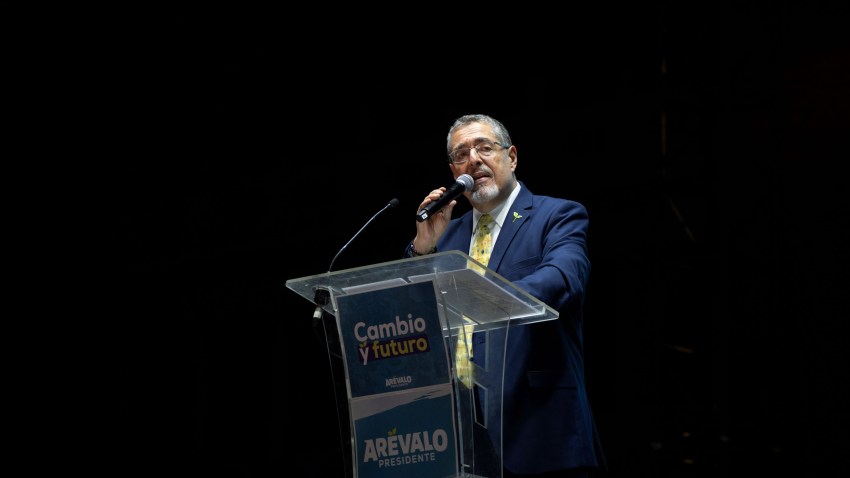The probability that Bernardo Arevalo will succeed as Guatemala’s president is slim, but so were the odds of him making it this far to become president-elect. On Aug. 20, Arevalo, the candidate for the Semilla Party, won 57 percent of the vote to defeat Sandra Torres, the former first lady and candidate for the UNE party who lost her third consecutive second-round election in the country. To even get to that run-off, Arevalo had to accidentally avoid the government’s notice in the first round to prevent being kicked off the ballot, win a coalition of voters who could push his candidacy into the second round, and then survive legal challenges to his ability to compete in that second round. Moving forward, among the obstacles facing Arevalo are investigations aimed at preventing him from becoming president and continued opposition in Congress and among economic elites once he assumes office. In spite of all the reasons for pessimism, this is a success story that the entire hemisphere should embrace. Arevalo can succeed if the world pays attention.
Arevalo’s path to president-elect was not simply about winning votes. While President Alejandro Giammattei could not run for reelection and couldn’t make sure his preferred candidate won the presidency, he could attempt to ensure that his successor would not be someone who would upset the careful “pact of the corrupt” that appears to run the country’s political and economic system. Four presidential candidates from other parties were banned prior to the Guatemalan election. While those bans were allegedly due to various violations of electoral law, observers of the process understood that the banned candidates were targeted for threatening the status quo. Candidates such as Thelma Cabrera, an indigenous rights activist, were removed by Guatemala’s electoral authorities months before the first round, leading to widespread voter disillusionment.
The reason Arevalo was not banned with the rest of the dissident candidates in the first round appears to be dumb luck. Polling at only 3 percent nationally and leading a small political movement with geographically limited support in urban areas, Arevalo and his Semilla party seem to have been underestimated by the government. Enough voters nationally found his message compelling in the final weeks of the campaign that he obtained 12 percent in the first round, enough to move on amid a divided field.

